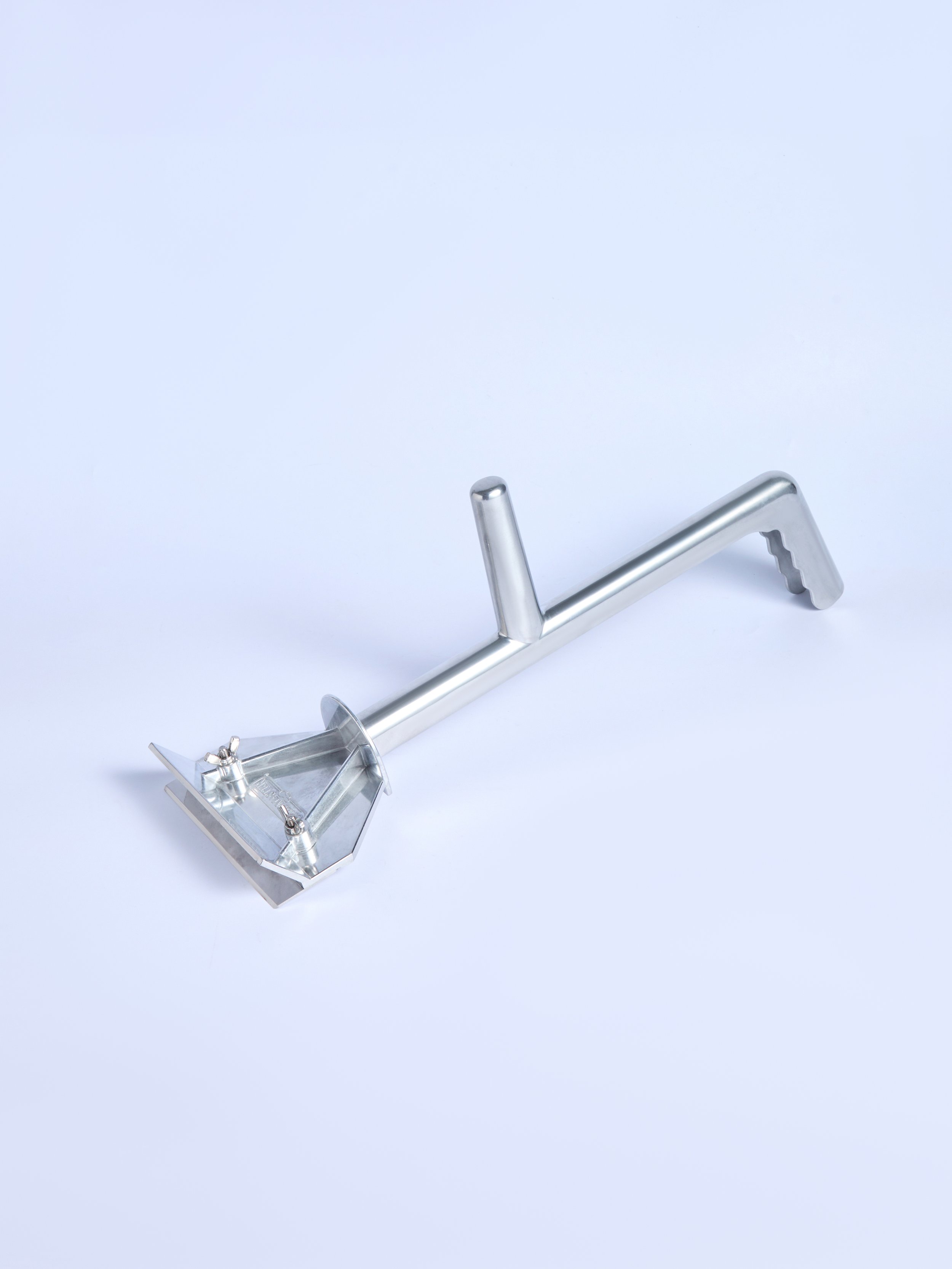Die-cast
Die-casting is a manufacturing process in which molten metal (most commonly used die-casting alloys are aluminium, magnesium, zinc) is forced into steel molds by a die-cast machine. The molds aka toolings are fabricated with hardened steel that are specially designed for each new product.
Aluminium and Magnesium alloys melts around 650°C, while Zinc alloy melts at 420°C. How the metal is injected into the mold is both an art and science, while fluid dynamics is used in modeling the die-casting parameters, the temperature changes in the molten metal and the steel tooling plays another factor, furthermore the chemical structure of the molten metal alloy may change too.When the molten metal cools after being injected into the , the product solidifies and is released from the tooling as a die-cast part. Majority of the product is fabricated here, but CNC machining would be need for more accurateness on particular features.
Die-casting Advantages
lower unit cost than other castings techniques
Complex geometry and tight tolerances at fast production times
threads or internal features that usually needs to be CNC, can be created
with DFM, can combine multiple parts into a single part, decreasing cost of production, and simplifying the manufacturing process
thin wall thickness
Fast production cycle times
Reduction in material scrap
Long tool life
Injected Metal Assembly or Overmodling: combine two or more materials in a single die cast shot
there are limitations, mainly depends on the shape and complexity of the product
Common combinations are steel / copper parts inside an aluminum casting, cooper heating element inside an aluminum casting, wiring inside a copper casting
Die-casting Material Alloys
Each alloy has their own characteristics of strength and hardness, even different EMI/RFI shielding properties. Overall, diecasting alloys has good corrosion resistance, and can apply varies different surface finishing and textures. Our engineers can recommend the best material for alloy for your project.
Learn More
commonly used alloys: aluminium, magnesium, zinc
Metals withstand high temperature and are recyclable
Electrical conductivity
High strength and hardness
Thermal conductivity
Relatively good corrosion resistance
majority of these areas recommend surface treatment when the applications is used outdoors or contacted with human touch








Let’s Work Together
We’re always looking for new opportunities and are comfortable working internationally. Please get in touch and one of our sales engineers will contact you about beginning the R&D process.


